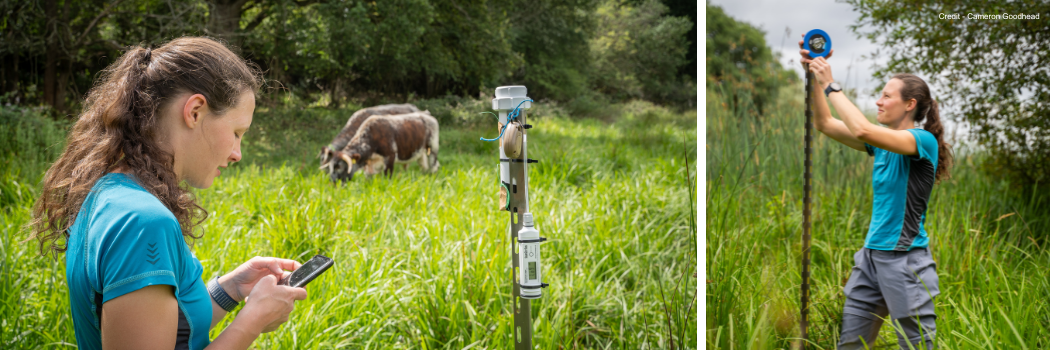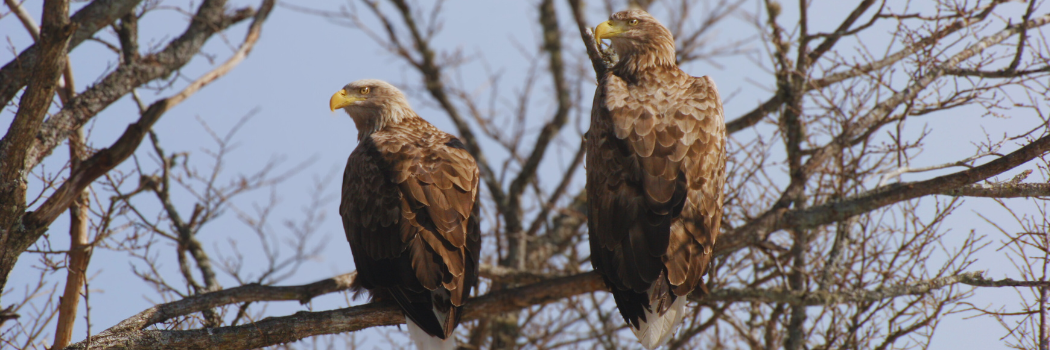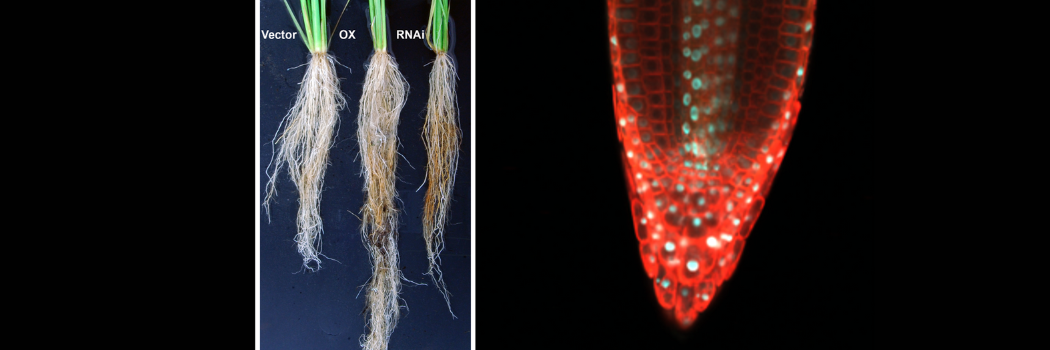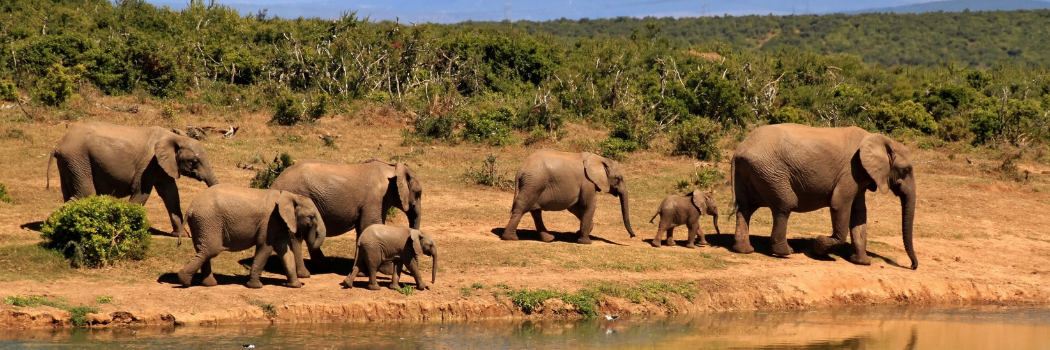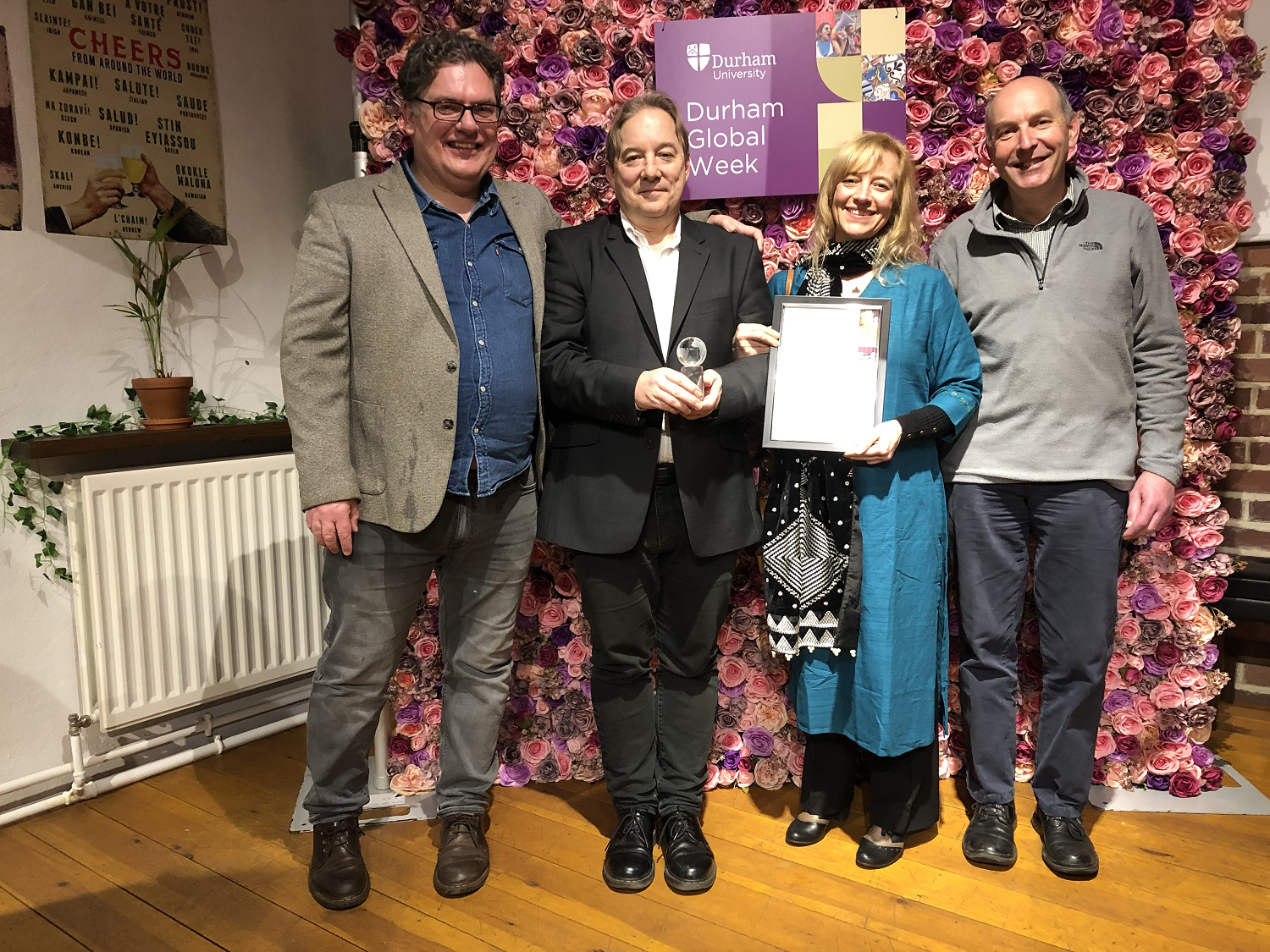MSc Plant Biotechnology and Enterprise
Our taught Masters programme provides essential learning, expertise and business skills for the next generation of scientists and entrepreneurs.
Postgraduate Study
Biosciences is a vibrant, research-led department with a focus on the science underpinning global challenges.
We support a broad-based, sustainability-centred research strategy, informed by scientific advances and national and international priorities. We focus on the science underpinning global challenges in climate change, food security, global health, sustainable bio-manufacturing, biodiversity and replacing animal models in research. In this time of change the study of the biosciences has never been more important.
We have a dynamic community of over one-hundred postgraduate students, who come from all over the world to conduct their research and develop their skills. Research covers the breadth of the biological sciences, and is supported by outstanding research infrastructure in genomics, bioimaging and mass spectrometry, and plant and animal growth facilities. We encourage prospective PhD students to make informal contact with potential supervisors to discuss their interests at an early stage.
We offer two research degrees, PhD (by research) and MSc (by research), and a taught MSc in Plant Biotechnology and Enterprise.
At Durham, we provide an outstanding environment for research and education in animal, plant and bacterial biology encompassing expertise from the atomic to whole ecosystem scale. Trained by Durham Biosciences in the skills and knowledge required, our students are able to succeed in a wide range of careers or training environments and help society tackle the challenges for the future.
Listen to @carrie_ambler giving a seminar: 'Blending academic and applied research to develop new strategies for epithelial tissue repair and mouth carcinomas' tomorrow from Singapore here: https://t.co/SjKddUNpMY
— Durham BioSciences (@DurBiol) October 26, 2023
Study options
We offer two postgraduate study options:
- Taught MSc degree
- Research degrees; both PhD and Masters by Research
Taught Degree
Research Degrees
Student Experience
A place for you
Our seminar series
Our Students and Staff enjoy attending and participating in our Departmental Seminar series, covering a wide range of biological topics. The seminars give us more opportunities to share, discover, and join in with lively discussions.
What's new?
Monitoring the UK’s at-risk hedgehogs
We’ve joined a pioneering new three-year pilot to monitor the UK’s hedgehogs and try to reverse the fall in their numbers.
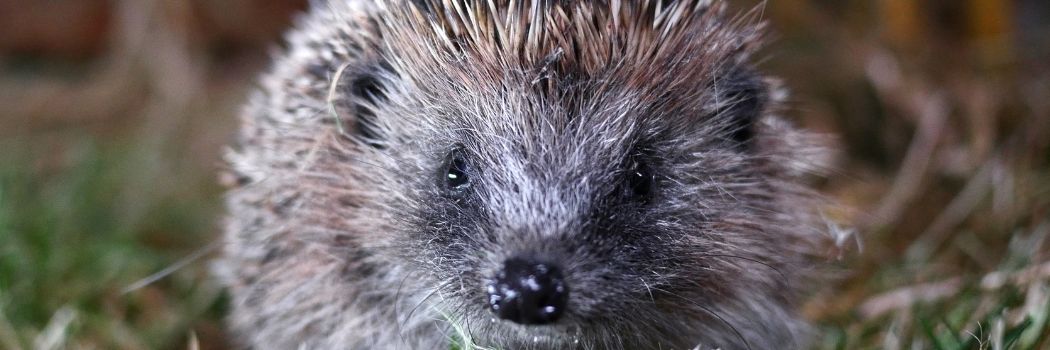
Durham researchers’ partner with agricultural innovator to tackle pesticide resistance
Fruit flies give clues to sexual selection-driven evolution
British Ecological Society awards Founders' Prize to Dr Rebecca Senior
New study finds European breeding birds respond slowly to recent climate change
Durham Centre for Crop Improvement Technology awarded £1m grant from Wolfson Foundation
Strengthening and expanding protected areas of existing parks is crucial for biodiversity conservation
IAA Celebration of Impact - Award Nomination
We are pleased to announce that Paul Chazot and the IAA project team have been shortlisted for an award at the Celebration of Impact event.



/prod01/prodbucket01/media/durham-university/departments-/biosciences/83453-1595X1594.jpg)

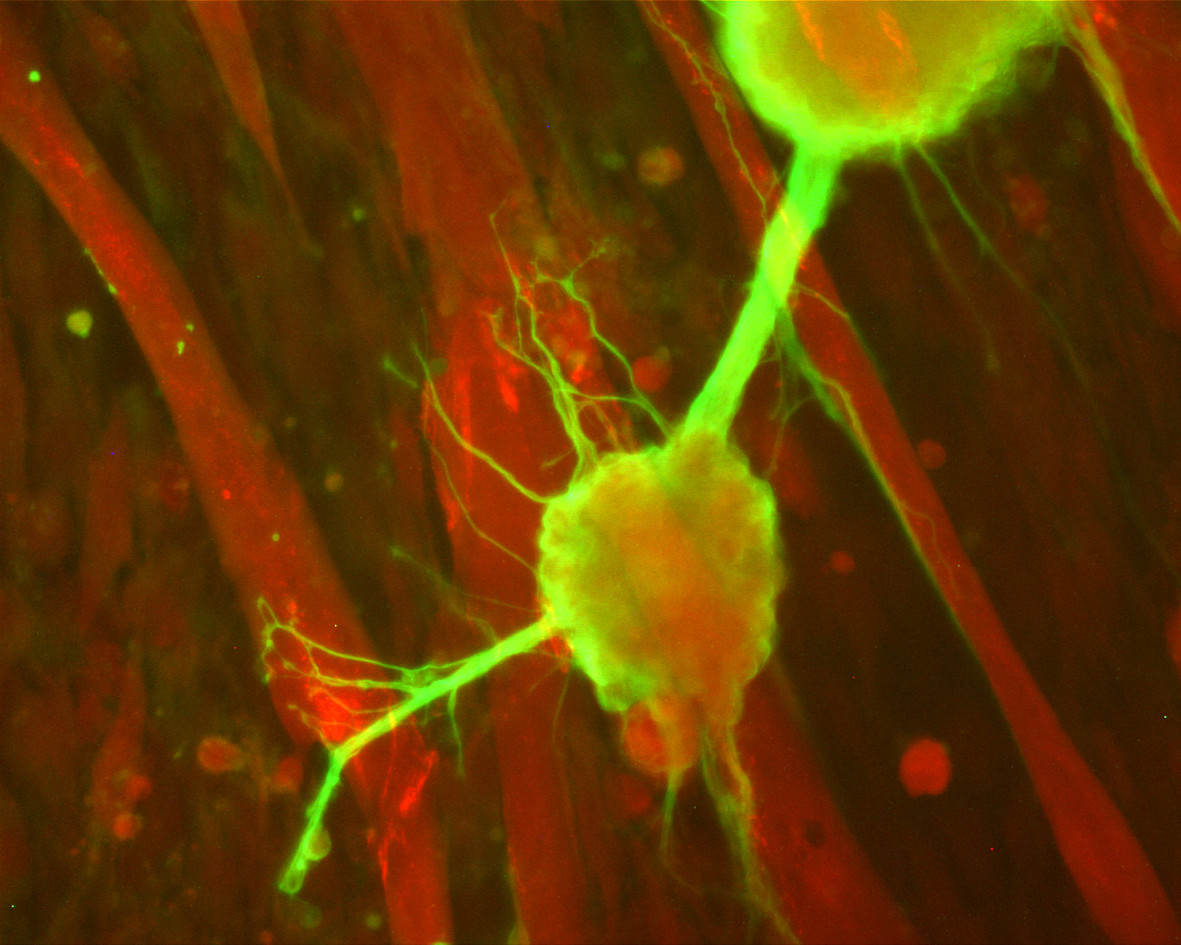
/prod01/prodbucket01/media/durham-university/departments-/biosciences/83454.jpg)
/prod01/prodbucket01/media/durham-university/departments-/biosciences/infrastructure-/bioimaging/IMG_0368-1-589X654.jpg)
/prod01/prodbucket01/media/durham-university/study/international-office-/79149.jpg)
/prod01/prodbucket01/media/durham-university/support-services-/careers-and-employability/45346.jpg)
/prod01/prodbucket01/media/durham-university/external-location-photography-/campus-shots-/teaching-and-learning-centre-/83798.jpg)
/prod01/prodbucket01/media/durham-university/departments-/geography/lab-photos-/83608%5B1%5D.jpg)
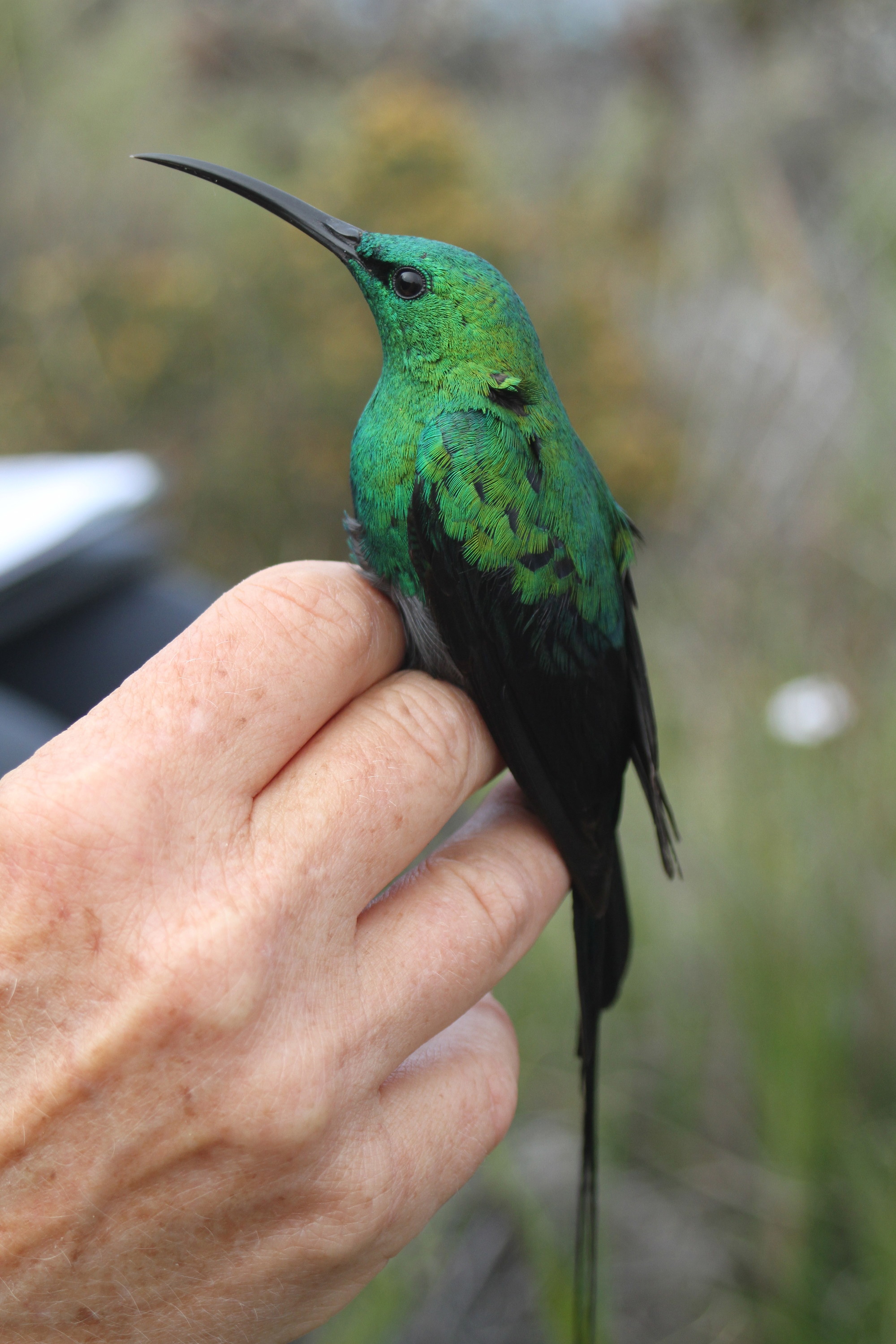
/prod01/prodbucket01/media/durham-university/research-/research-centres/durham-centre-for-crop-improvement-technology/members-doing-research/Ari-Sadanandom-(8).jpg)
/prod01/prodbucket01/media/durham-university/departments-/biosciences/83453-1595X1594.jpg)
/prod01/prodbucket01/media/durham-university/research-/research-institutes/institute-of-advanced-study/research/membrane750X500.jpg)
/prod01/prodbucket01/media/durham-university/departments-/biosciences/83457.jpg)
/prod01/prodbucket01/media/durham-university/departments-/biosciences/83454.jpg)
/prod01/prodbucket01/media/durham-university/research-/research-centres/durham-centre-for-bioimaging-technology/bioimaging/mcf10a_PABK1_K20-300dpi.jpg)
.jpg)
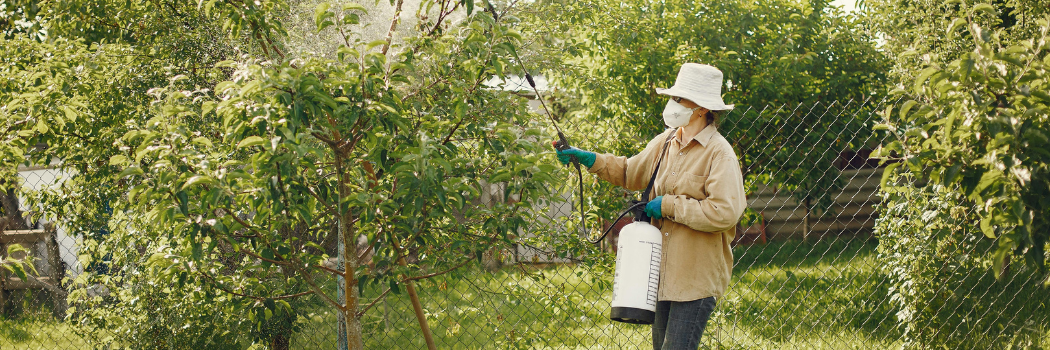
.jpg)
